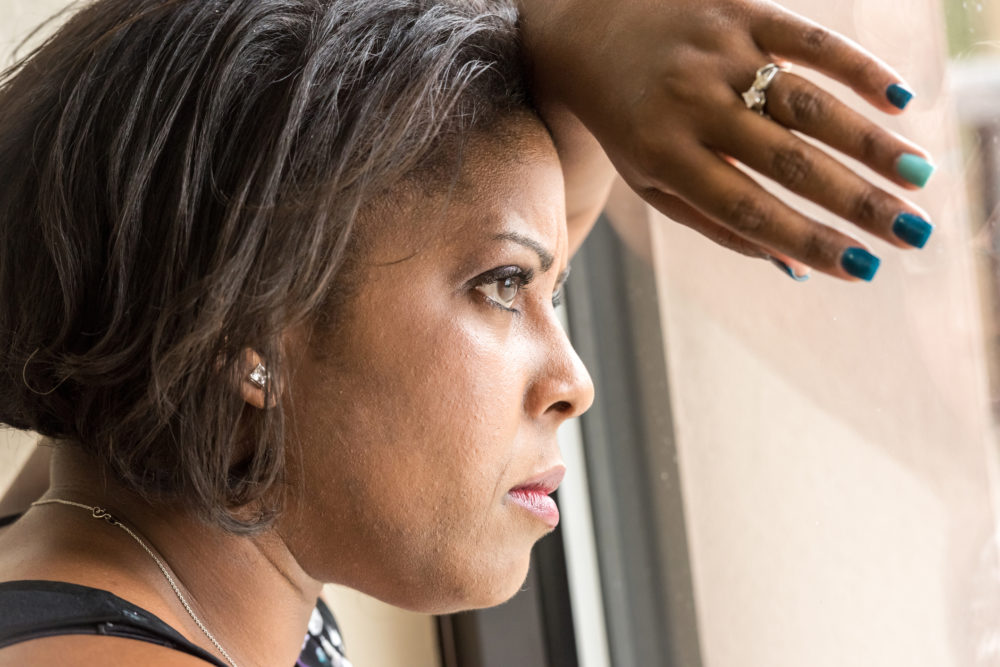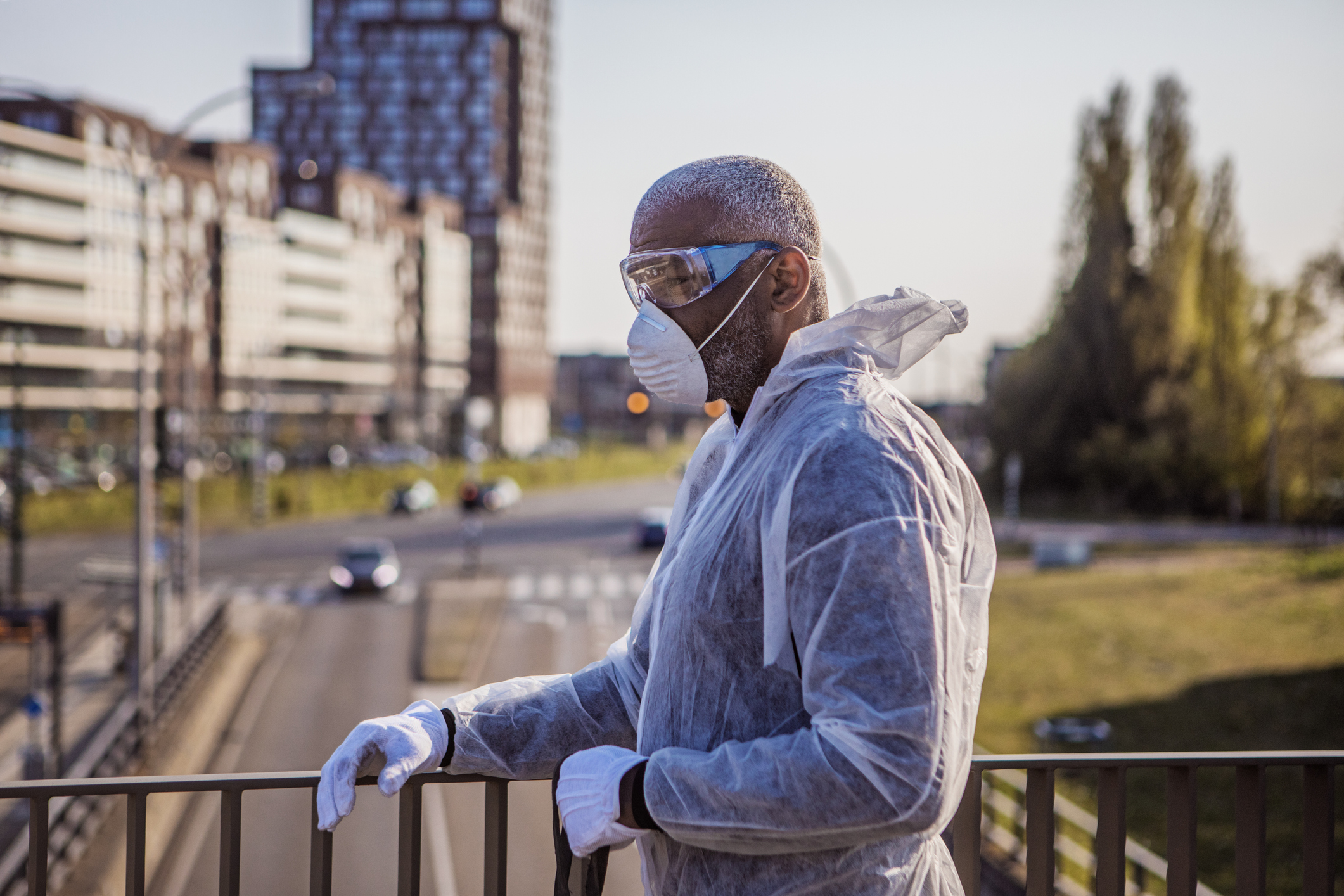Washington, D.C. — As governors around the country begin to reopen their economies, a new analysis from the Center for American Progress finds that workers of color are more likely than their white counterparts to have serious underlying medical conditions that make them vulnerable to COVID-19.

The analysis finds that at least 28 percent of people of color between the ages of 18 and 64—more than 21 million people in total—have a condition that could put them at higher risk of severe illness from COVID-19; it also shows that women are more likely than men to have at least one of these conditions. Already, such health disparities, which are a product of structural racism rather than individual choices or behavior, have contributed to stark inequities in COVID-19 outcomes.
“Much has been written about the risks of returning to work too soon, but little has been written about who, disproportionately, is assuming those risks,” said Connor Maxwell, senior policy analyst for Race and Ethnicity Policy at the Center for American Progress. “Housing segregation, environmental racism, economic exclusion, and inadequate access to health care contribute to stark racial disparities in serious underlying medical conditions. These disparities put people of color, especially women of color, at a higher risk if they contract COVID-19. Instead of forcing people to choose between putting food on the table and staying safe from this potentially deadly disease, lawmakers should pursue science-based approaches to reopening businesses while working to eliminate health disparities in their communities.”
For more information or to speak to an expert, please contact Julia Cusick at jcusick@americanprogress.org.
To find the latest CAP resources on the coronavirus, visit our coronavirus resource page.




